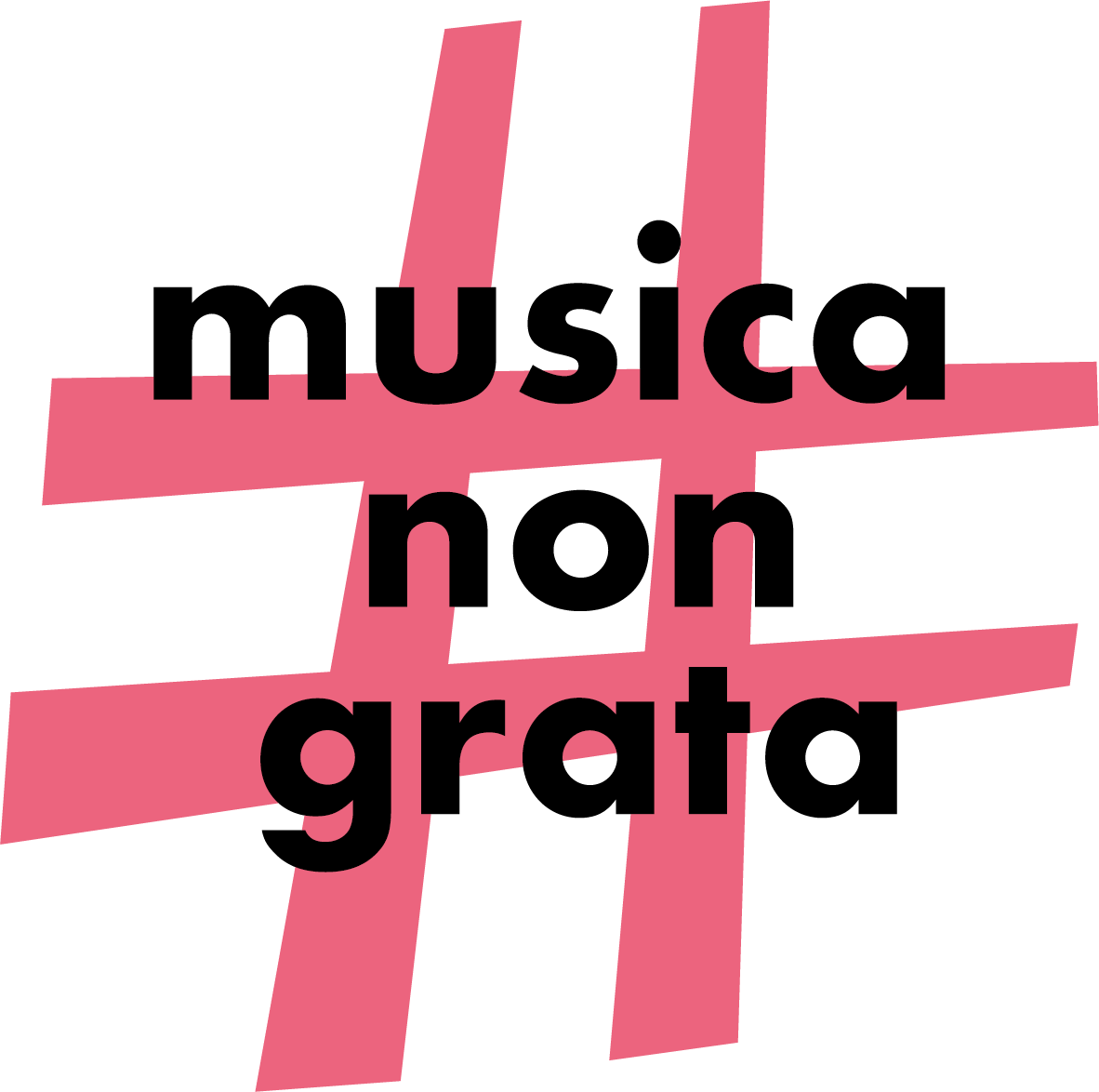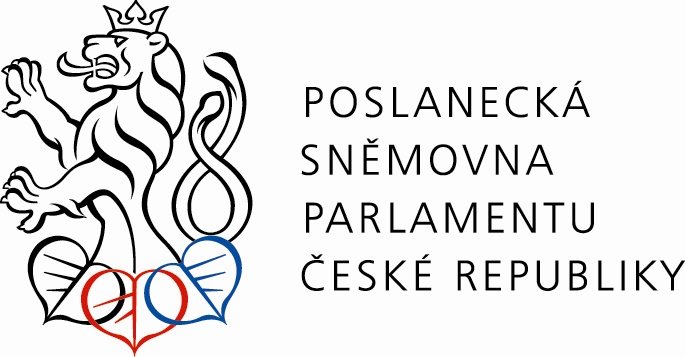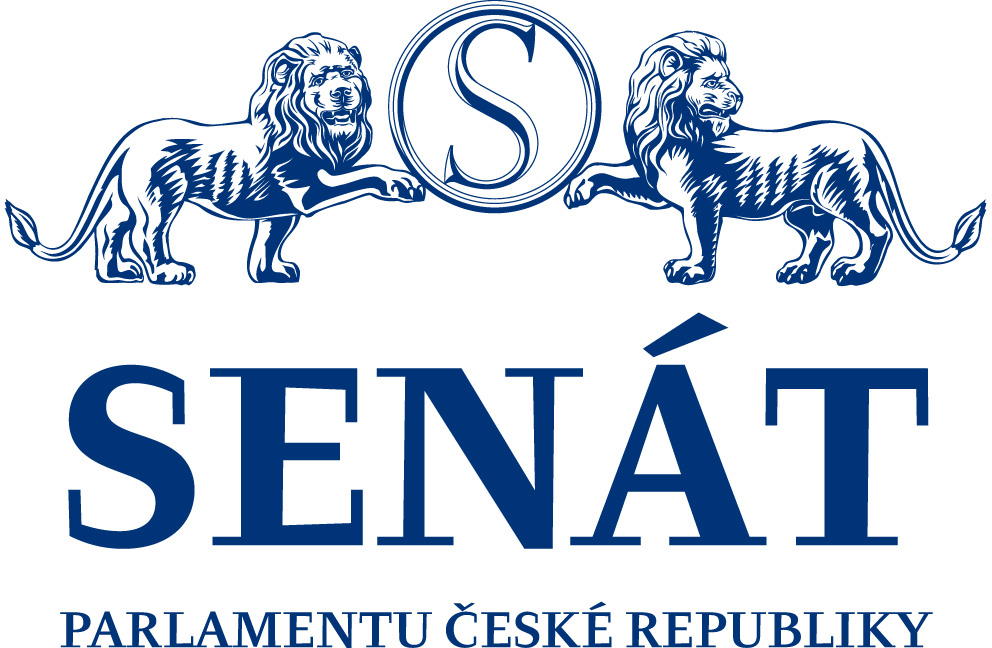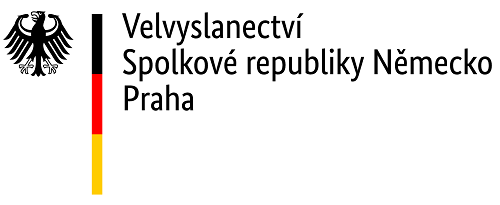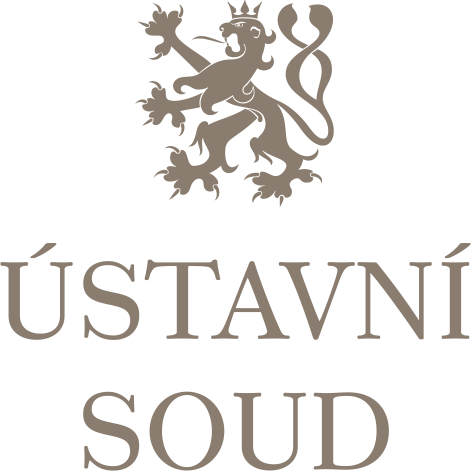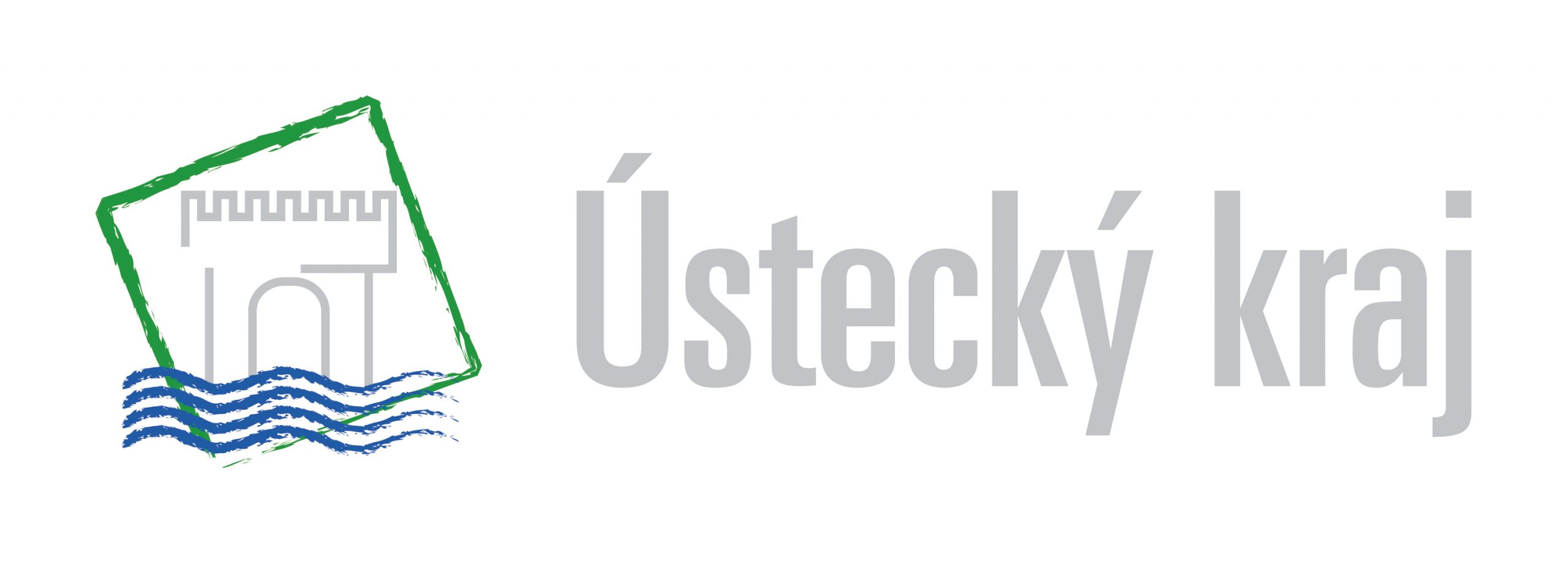"Young Hope"
Marek Švejkar – clarinet
Lenka Korecká – piano
This evening is organized in cooperation with the Prague Spring festival.
Program:
Niels Wilhelm Gade – Fantasy pieces op. 43
III. Ballad
Erwin Schulhoff – Hot-Sonate(arr. M. Švejkar)
III. ♩ = 80
intermission
Sergei Prokofiev – Sonata Op. 94 (arr. M. Švejkar)
III. Andante
The Danish composer Niels Wilhelm Gade (1817–1890) began as a violinist in the royal band in Copenhagen. In 1841 he won a prize in a competition held by the Copenhagen Musical Society for the overture Echoes of Ossian, inspired by a collection of spurious chants of the Celtic bard, which was actually the work of the Scottish poet James Macpherson. The young composer Gade received a scholarship that enabled him to study in Leipzig, where he received the support of Felix Mendelssohn Bartholdy. Robert Schumann also had major influence on Gade. It is not by chance that Gade chose the same cast and title for his Fantasy Pieces for Clarinet and Piano Op. 43 from 1864, as Robert Schumann for his Op. 73. The lively tempo of the second movement, with its triplet motion in the piano, contrasts with the mood of the opening movement of Gade's Fantasy Pieces. The centerpiece of the composition is the third movement, where the deep register of the clarinet and the arpeggiated chords of the accompaniment evoke a romantic atmosphere, further emphasized by the designation "Ballad." This, in turn, contrasts with the brisk tempo of the final movement, characterized by its soaring melodic line.
Erwin Schulhoff's "Hot-Sonata" (1894–1942) is a work from the end of his most productive period between 1923 and 1930. Schulhoff was fascinated by dance music with jazz rhythms, the poetics of Dadaism, but he was also interested in the return to historical styles, later known as neoclassicism and neobaroque. In all these stimuli, he sought a path to his own style. As an outstanding pianist, he had no trouble interpreting classical repertoire works, introducing innovations of his contemporaries, and compositions influenced by jazz; he even intended to establish a jazz piano school. With his own "instructional" compositions, Cinq études de jazz, Esquisses de Jazz, and Hot music, he performed on Prague radio. On January 27, 1930, Schulhoff's only opera, "Flames," on a Don Juan theme, premiered in Brno, ten days after he completed the Hot-Sonata for alto saxophone and piano, which, unlike his other jazz-character pieces, is more artistically ambitious. The jazz elements are integrated into the sonata form, yet the composition retains its characteristic spontaneity and lightness. All movements are in sonata form, with a reminiscence of the main theme of the first movement in the final movement. The composition, in which Schulhoff uses a full range of harmonic means and employs polyrhythmic techniques, is an original fusion of jazz and "serious" music. It was first broadcasted in Berlin on April 10, 1930, performed by the author and American saxophonist and clarinetist Billy Barton, who has many historic recordings and reports of his performances worldwide; his trail disappears in 1939. The piece is performed for the first time in a transcription for clarinet by Marek Švejkar.
In June 1941, when the German Wehrmacht troops invaded the Soviet Union, the Soviet government decided to evacuate artistic institutions to safer areas. Sergei Prokofiev (1891–1953) initially stayed in Nalchik in the Caucasus, and in the summer of 1942, he moved to Alma-Ata, where film studios from Leningrad and Moscow were relocated. During the war, film was an important medium of propaganda, and Prokofiev was considered an indispensable composer of film music. In Alma-Ata, he continued to work with Sergei Eisenstein on the project of the (unfinished) epic film "Ivan the Terrible". In the winter of 1942/43, the German 6th Army suffered a defeat at Stalingrad, marking a turning point in the war. Perhaps influenced by these events, Prokofiev also wrote several chamber works during this period. While still in Alma-Ata, he began composing the Sonata in D major, Op. 94, originally for flute and piano, because, in his own words, he felt a lack of contemporary literature for this instrument. He completed it in 1943 in Perm in the Urals, another refuge for artists evacuated from endangered areas. Concurrently, he worked on the ballet "Cinderella" and perhaps the lyrical mood of the fairy tale spilled over into the music of the sonata. The composer described the piece as "probably not fitting the current times, but it can bring pleasure." The premiere took place on December 7, 1943, in Moscow, performed by flutist Nikolai Kharkovsky with Sviatoslav Richter on piano. At the insistence of David Oistrakh and with his collaboration, Prokofiev reworked the piece for violin and piano (Op. 94bis), and Oistrakh first performed it with pianist Lev Oborin on June 17, 1944, at the Moscow Conservatory. On the structure of the classical sonata form, Prokofiev developed melodiousness in the first and third movements, while the scherzo and dance-like final movement are characterized by rhythms typical for Prokofiev. Marek Švejkar adapted the composition for clarinet.
